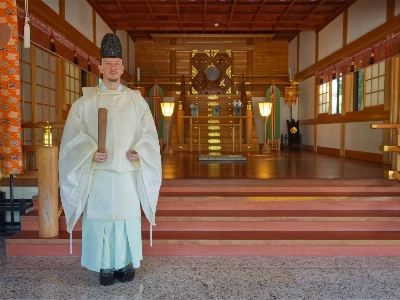While traveling through Scandinavia two weeks ago, I had scant opportunity to monitor Japan's anxiety over the sudden increase in confirmed cases of H1N1 flu that led to closings of schools in the Kansai region. Europe seemed barely concerned about the new flu and when I caught BBC World in hotel rooms or at friends' homes the flu was mentioned only in relation to Japan, even if there were still more cases in North America. Nevertheless, the feeling of alarm in Japan was conveyed. All a report had to do was show footage of a crowd of people wearing face masks.
By the time I returned the alarm had begun to subside and schools were opening again. Self-reflection was in full swing, with the media wondering whether or not the authorities had over-reacted to the perceived seriousness of the threat. Most of the commentary has mentioned the people's "hygienic habits" (eisei shukan) as if they were peculiar to the Japanese. Of course they aren't. One of the few detailed reports I saw overseas was CNN's ebullient financial reporter Richard Quest offering advice to business travelers on how to avoid the flu. He advocated vigorous and frequent hand-washing and avoiding intimate contact, but he offhandedly dismissed the use of masks, saying there was no evidence they were effective in preventing anyone from catching the virus.
So if Japan's own sense of its hygienic habits could be seen as having an exceptional cast it probably comes down to this whole mask business, which offers the starkest contrast between Japan's approach to the flu outbreak and the West's — or the rest of Asia's, for that matter.


















With your current subscription plan you can comment on stories. However, before writing your first comment, please create a display name in the Profile section of your subscriber account page.